When someone you love faces a mental health or substance use crisis, it can feel overwhelming and chaotic. The uncertainty of what to do next, how to support them, and how to get help can make a difficult situation even more challenging. Crisis intervention offers a structured way to stabilize immediate threats, guide families, and provide the professional support needed for lasting solutions. At Lifestyle Interventions, we are here to walk with you through this process.
Understanding what happens during a crisis intervention can demystify the experience and empower you to make the best choices for your loved one.
Defining Crisis Intervention
A crisis intervention is a structured process designed to address a situation where someone’s mental health or substance use places them or others in immediate danger. The goal is to stabilize the crisis, reduce immediate stress, and lay the foundation for long-term care or treatment. Our approach at Lifestyle Interventions focuses on compassionate support, individualized care, and collaboration with families.
The Process of a Crisis Intervention
1. Assessment and Planning
Every successful crisis intervention begins with a detailed assessment. This initial step allows professionals to understand the nature of the crisis, identify immediate safety concerns, and plan an appropriate intervention strategy. At this stage, family input and collaboration are vital in creating a comprehensive plan tailored to the individual’s needs.
2. Building Trust and Connection
The person in crisis may feel isolated, fearful, or resistant. Establishing trust and building a genuine connection is critical to a successful intervention. Our professionals approach every individual with empathy, ensuring they feel heard and respected throughout the process.
3. Communication and Engagement
Effective communication during a crisis intervention involves active listening, clear explanations, and non-judgmental engagement. This phase encourages the person in crisis to share their thoughts and feelings, while also setting the stage for discussing available support options. Families are guided on how to communicate compassionately and productively.
4. De-escalation Techniques
Crisis situations can be emotionally charged, so de-escalation techniques are often necessary. This can include grounding exercises, breathing techniques, or simply creating a calm environment. Our goal is to diffuse heightened emotions and promote a sense of safety and control.
5. Presenting Treatment Options
Once immediate concerns are addressed, the focus shifts to long-term solutions. This may involve discussing treatment options, such as counseling, inpatient programs, or holistic therapies. It’s essential to ensure that the person in crisis feels they have choices and support available for their journey.
6. Family Involvement and Support
Crisis intervention doesn’t end with the individual. It often extends to their family, as loved ones play a critical role in the recovery process. We offer family support and coaching to guide you through next steps, ensuring everyone involved feels empowered and equipped.
Why Crisis Intervention Matters
The effects of a crisis extend far beyond the immediate danger. Without proper intervention, individuals may continue to struggle, and families may feel helpless. Crisis intervention bridges this gap, providing stability, hope, and a clear path forward. At Lifestyle Interventions, we understand that every situation is unique, which is why we tailor our interventions to each person and family we work with.
If you or a loved one is facing a crisis, you don’t have to go through it alone. Let our experienced team guide and support you every step of the way. Contact Lifestyle Interventions today to begin the journey toward stability, healing, and long-term wellness.
FAQs
A crisis intervention is a structured process that addresses immediate mental health or substance use crises. The goal is to stabilize the situation, provide support, and guide the individual and their family toward longer-term solutions.
Anyone experiencing an immediate mental health or substance use crisis, as well as their families, can benefit from crisis intervention services. It provides a structured path to reduce stress and offer support.
The duration of a crisis intervention varies based on the situation’s complexity and the needs of the individual. Some interventions may take hours, while others may require ongoing support and follow-ups.
Yes, family involvement is often crucial to a successful crisis intervention. Families provide important insights, support, and play a critical role in the individual’s recovery journey.
After the immediate crisis is stabilized, we work with the individual and their family to discuss long-term treatment options, including counseling, therapy, or other support services tailored to their needs.
